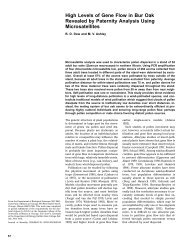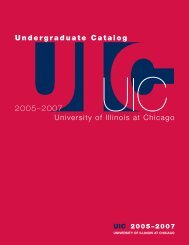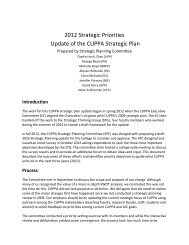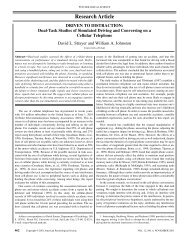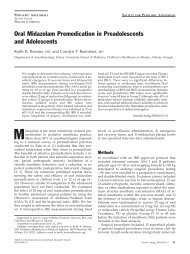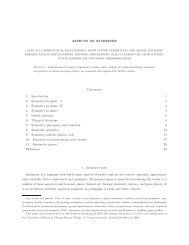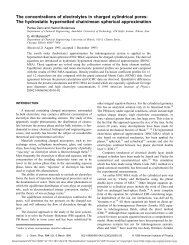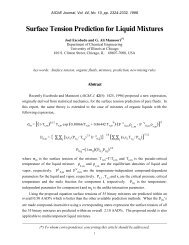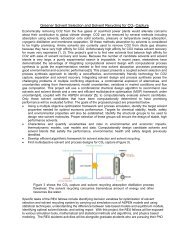Repeating Lenin by Slavoj Zizek
Repeating Lenin by Slavoj Zizek
Repeating Lenin by Slavoj Zizek
You also want an ePaper? Increase the reach of your titles
YUMPU automatically turns print PDFs into web optimized ePapers that Google loves.
<strong>Repeating</strong> <strong>Lenin</strong> <strong>by</strong> <strong>Slavoj</strong> <strong>Zizek</strong><br />
9/20/11 2:53 PM<br />
<strong>by</strong> heart the answers to the predicaments this book describes <strong>by</strong> repeating them mechanically<br />
after the teacher: “When the alligator bites your leg, you punch him on the nose with your hand!<br />
When the lion confronts you, you open your coat wide!"21<br />
So, back to Singer, one cannot dismiss him as a monstrous exaggeration — what Adorno said<br />
about psychoanalysis (its truth resides in its very exaggerations)22 fully holds for Singer: he is<br />
so traumatic and intolerable because his scandalous “exaggerations” directly renders visible the<br />
truth of the so-called postmodern ethics. Is effectively not the ultimate horizon of the<br />
postmodern “identity politics” Darwinian — defending the right of some particular species of<br />
the humankind within the panoply of their proliferating multitude (gays with AIDS, black single<br />
mothers...)? The very opposition between “conservative” and “progressive” politics can be<br />
conceived of in the terms of Darwinism: ultimately, conservatives defend the right of those with<br />
might (their very success proves that they won in the struggle for survival), while progressives<br />
advocate the protection of endangered human species, i.e., of those losing the struggle for<br />
survival.23<br />
One of the divisions in the chapter on Reason in Hegel’s Phenomenology of Spirit speaks<br />
about “das geistige Tierreich” (the spiritual animal kingdom): the social world which lacks any<br />
spiritual substance, so that, in it, individuals effectively interact as “intelligent animals.” They<br />
use reason, but only in order to assert their individual interests, to manipulate others into serving<br />
their own pleasures.24 Is not a world in which the highest rights are human rights precisely such<br />
a “spiritual animal kingdom,” a universe? There is, however, a price to be paid for such<br />
liberation — in such a universe, human rights ultimately function as ANIMAL rights. This,<br />
then, is the ultimate truth of Singer: our universe of human right is the universe of animal rights.<br />
The obvious counterargument is here: so what? Why should we not reduce humankind to its<br />
proper place, that of one of the animal species? What gets lost in this reduction? Jacques-Alain<br />
Miller, the main pupil of Jacques Lacan, once commented an uncanny laboratory experiment<br />
with rats25: in a la<strong>by</strong>rinthine set-up, a desired object (a piece of good food or a sexual partner) is<br />
first made easily accessible to a rat; then, the set-up is changed in such a way that the rat sees<br />
and there<strong>by</strong> knows where the desired object is, but cannot gain access to it; in exchange for it, as<br />
a kind of consolation prize, a series of similar objects of inferior value is made easily accessible<br />
— how does the rat react to it? For some time, it tries to find its way to the “true” object; then,<br />
upon ascertaining that this object is definitely out of reach, the rat will renounce it and put up<br />
with some of the inferior substitute objects — in short, it will act as a “rational” subject of<br />
utilitarianism.<br />
http://www.marxists.org/reference/subject/philosophy/works/ot/zizek1.htm<br />
Page 14 of 57



